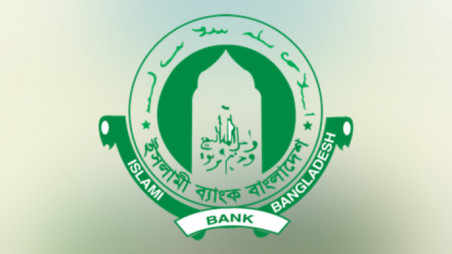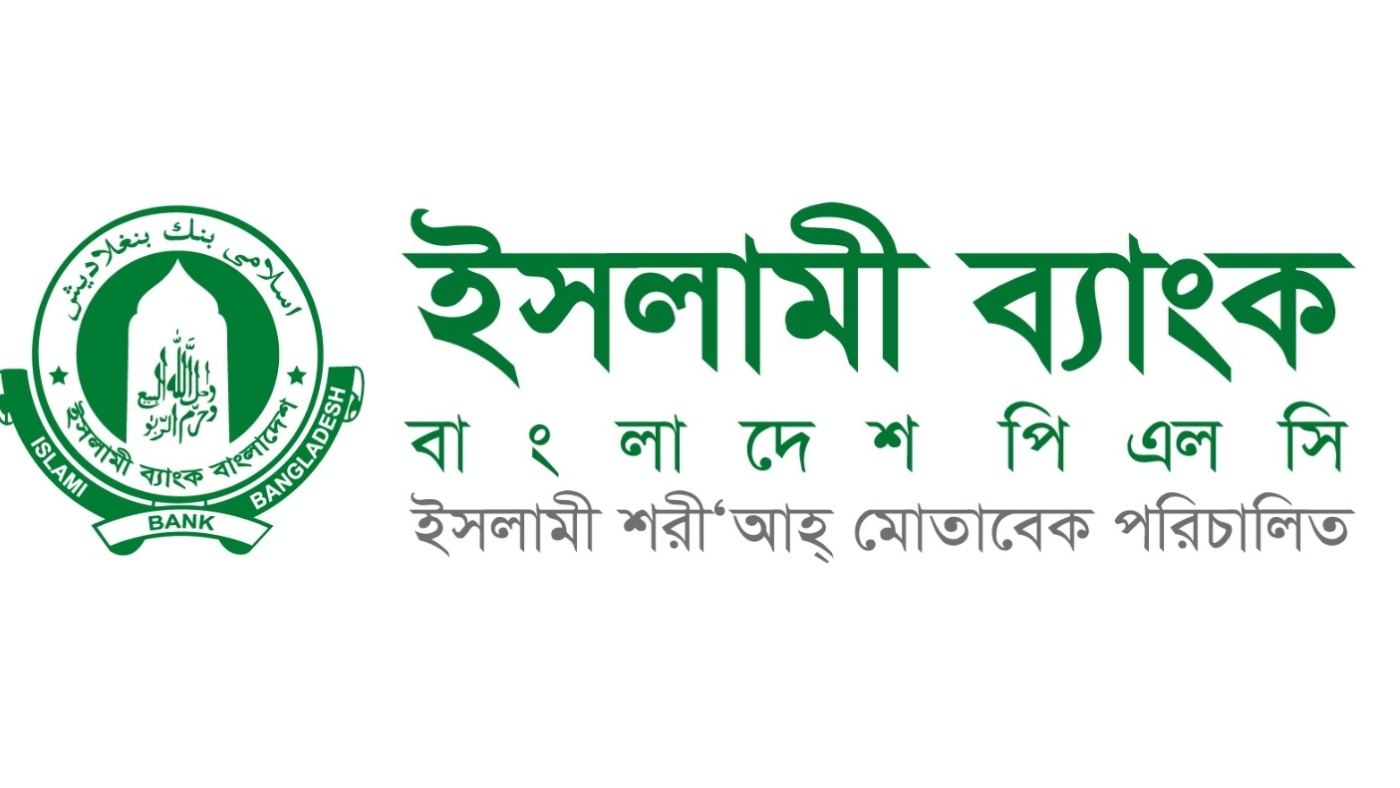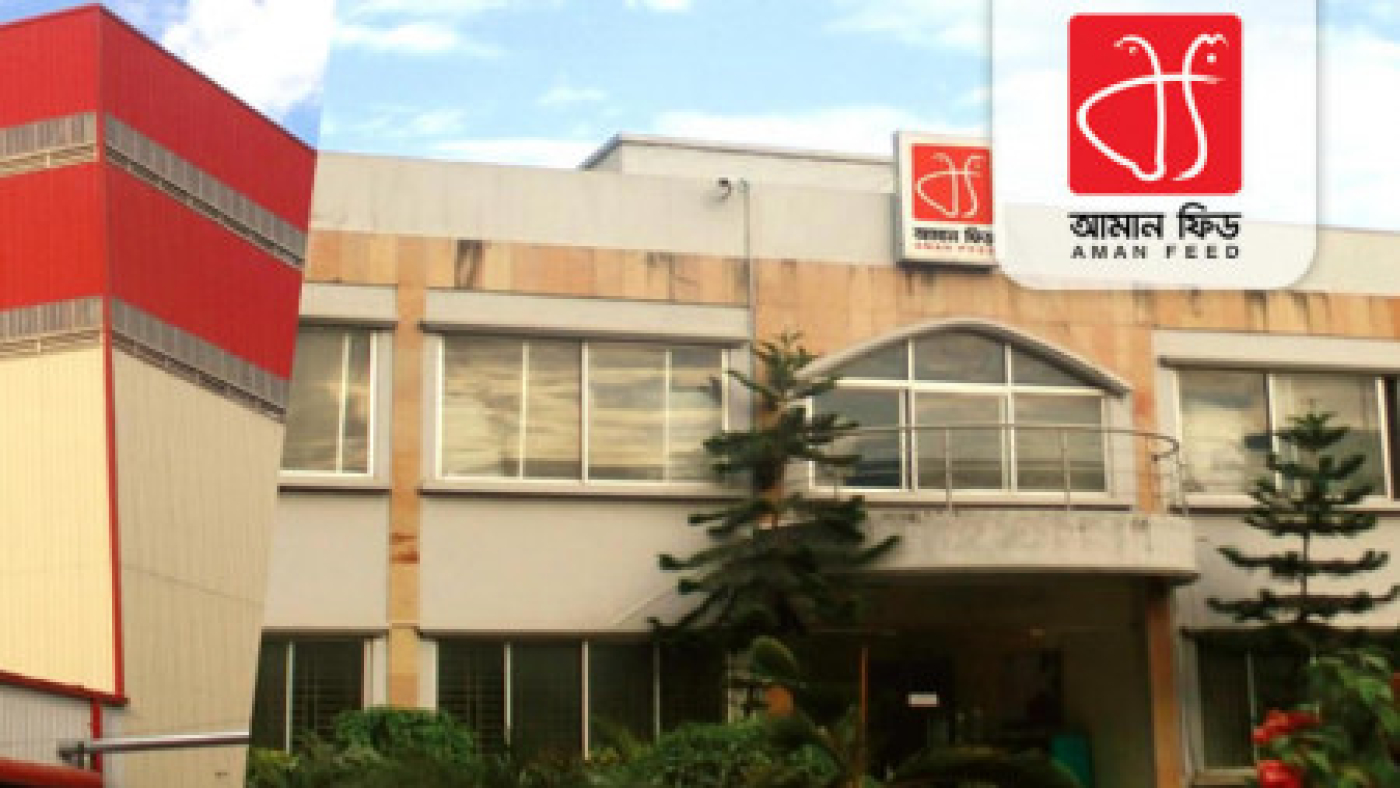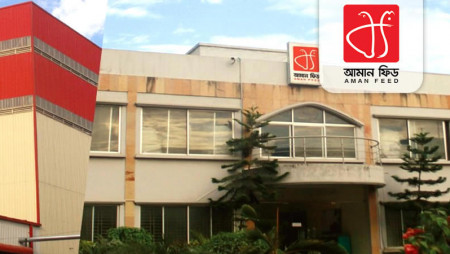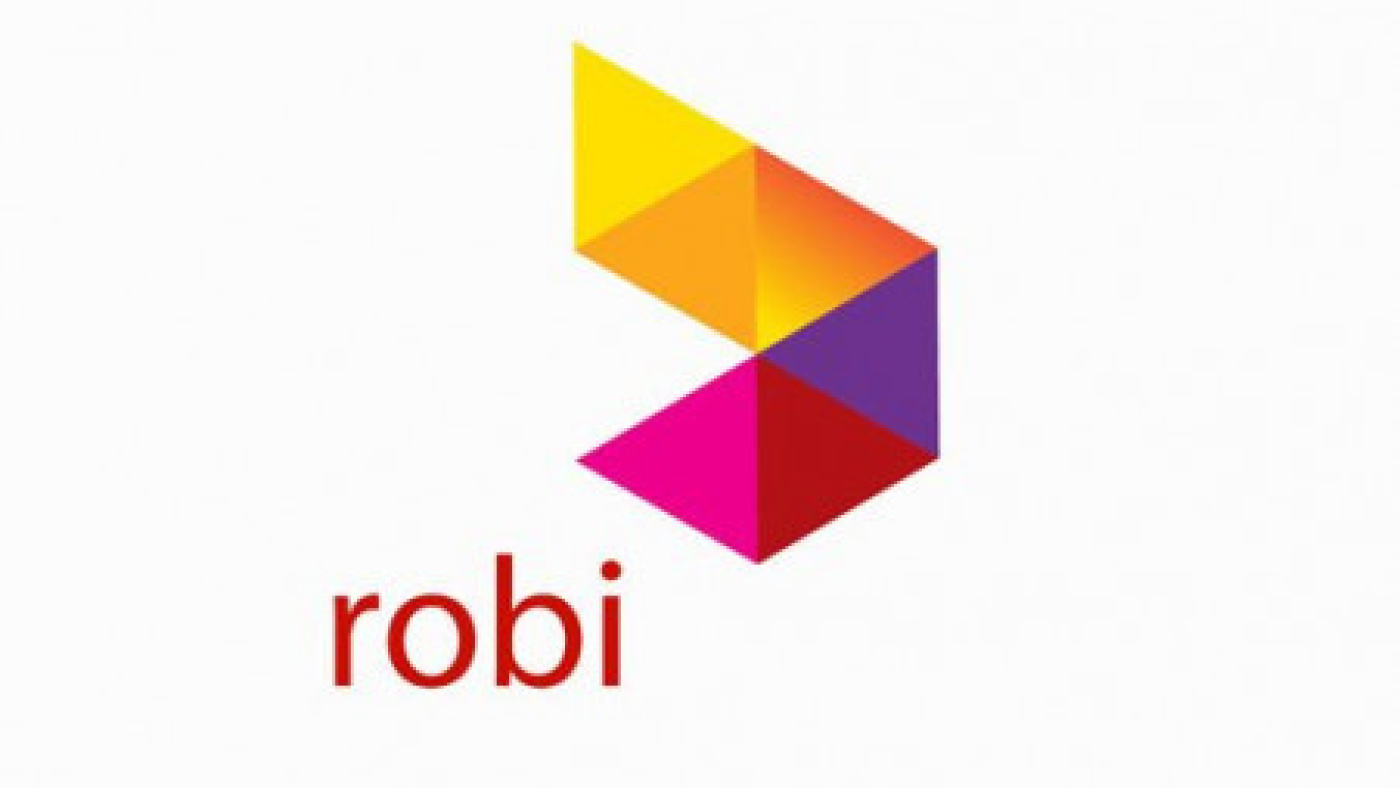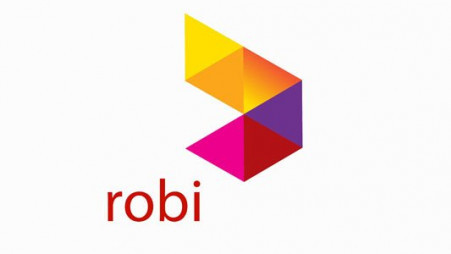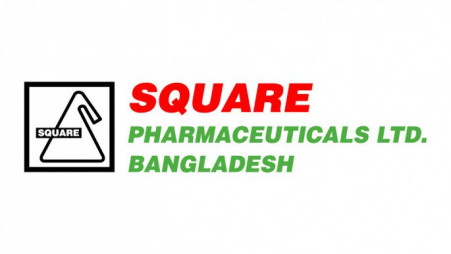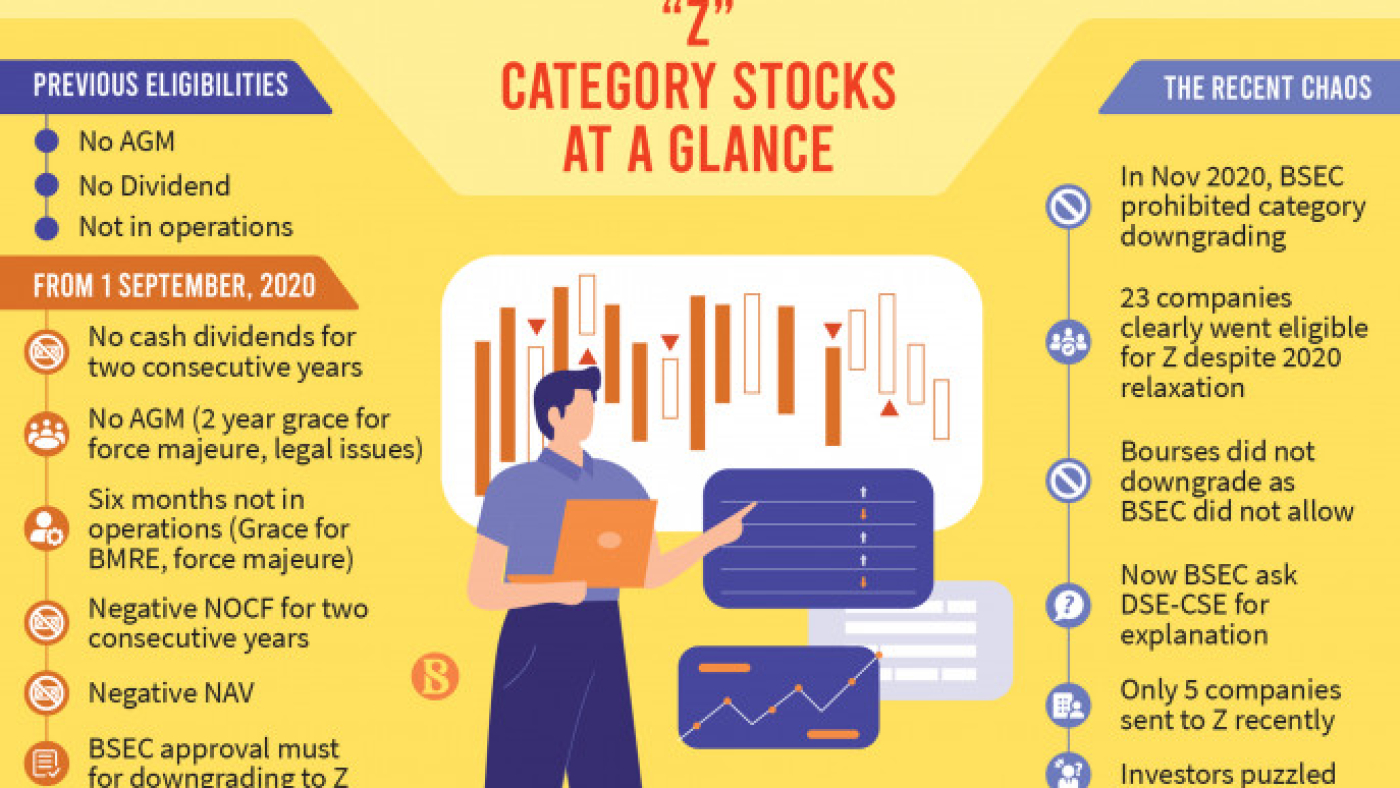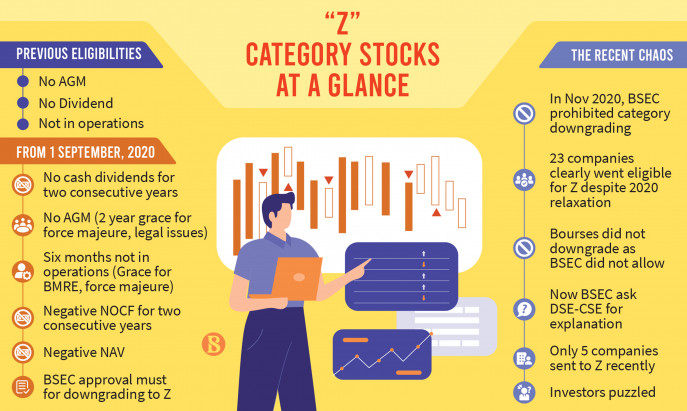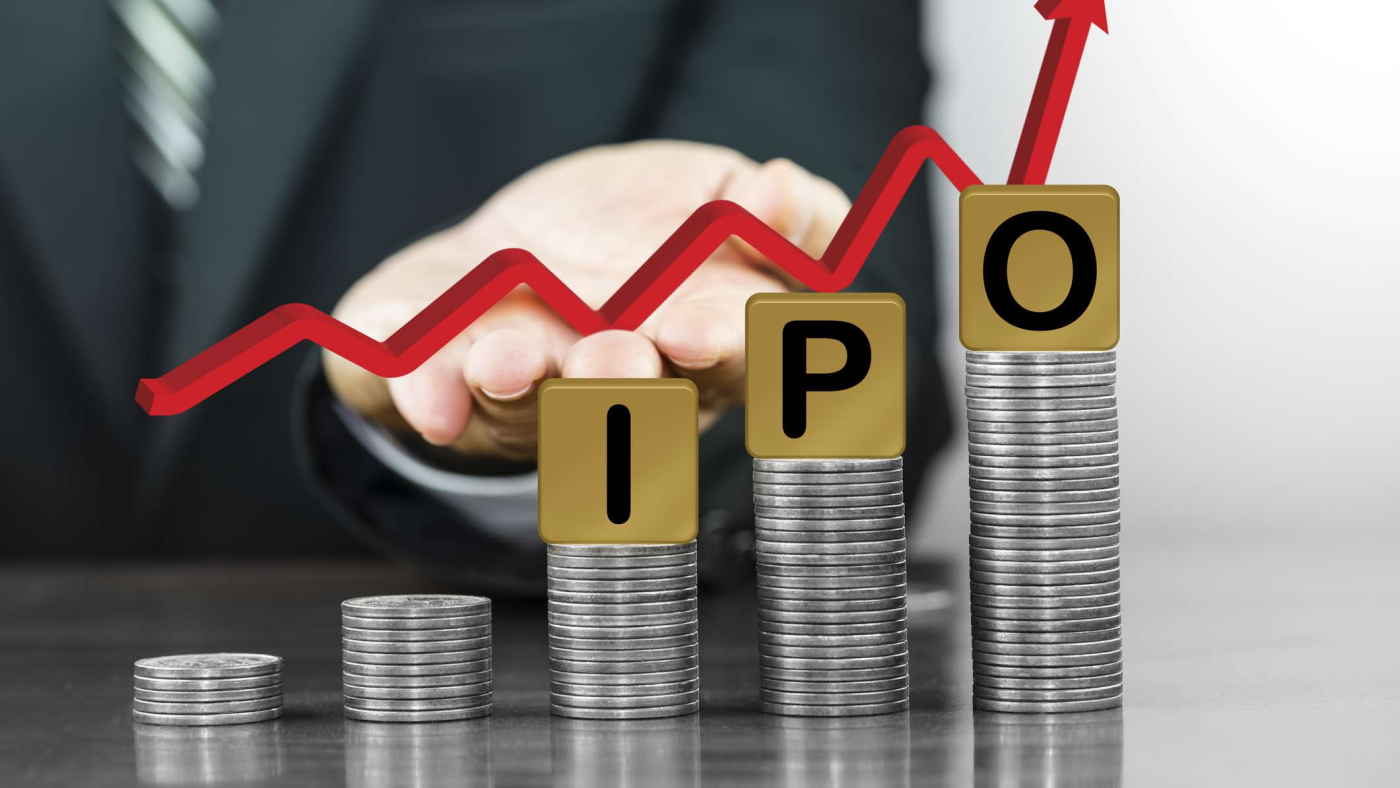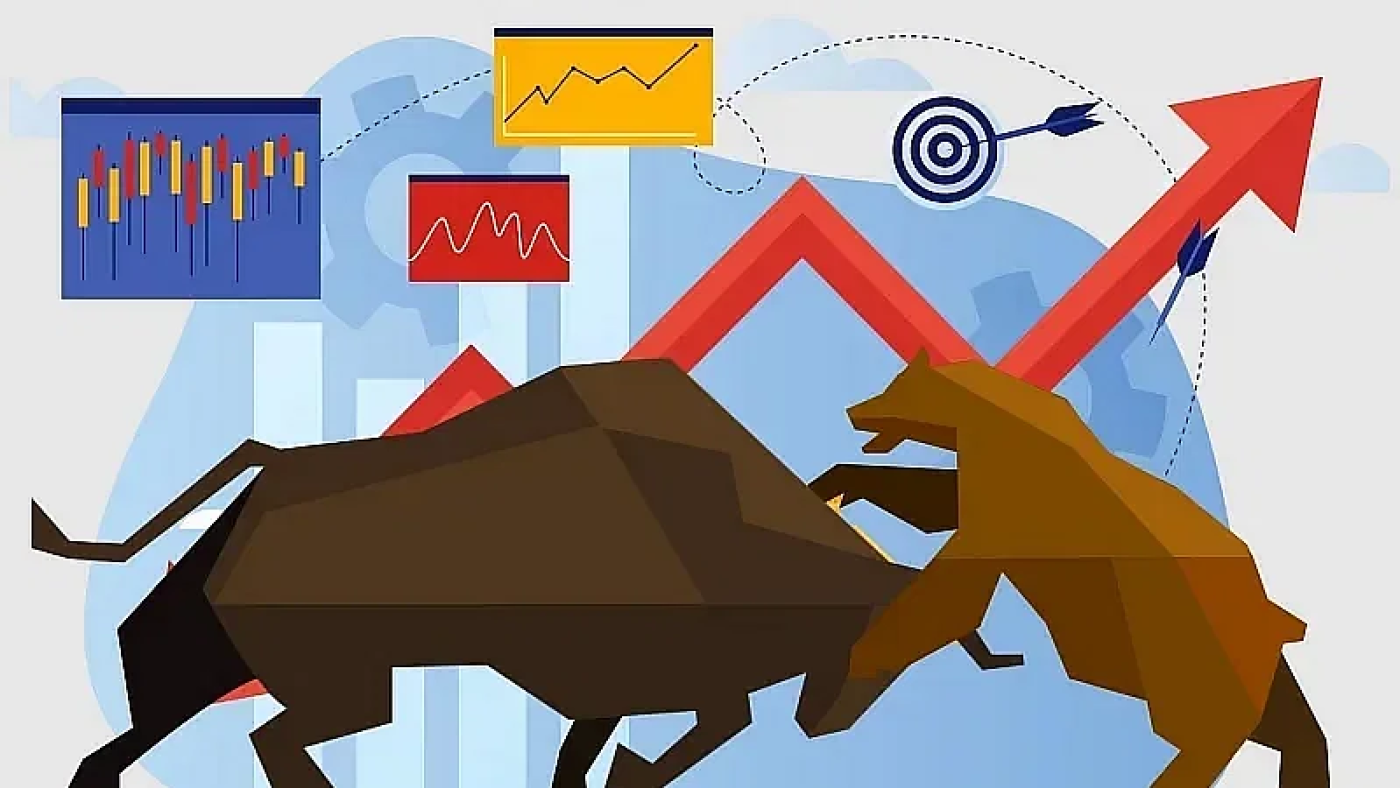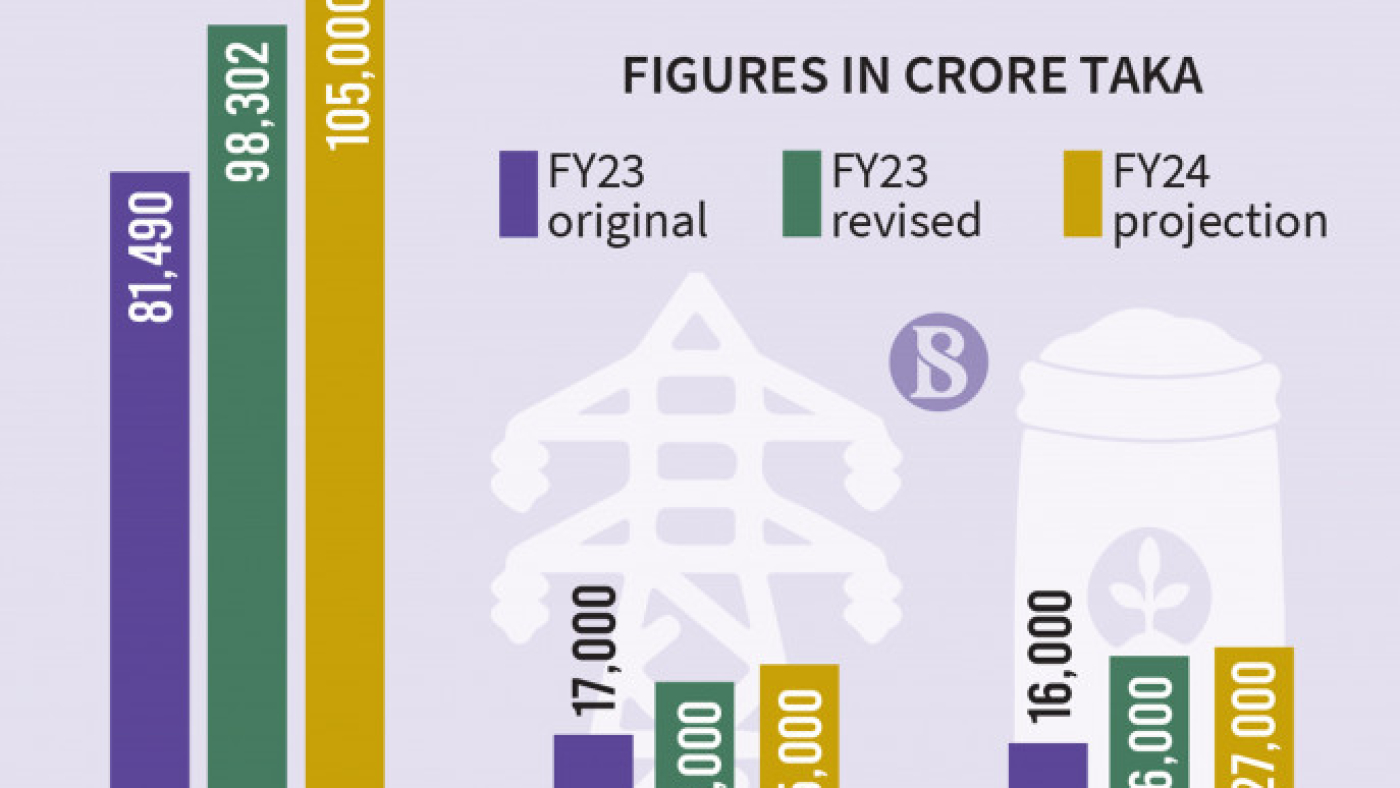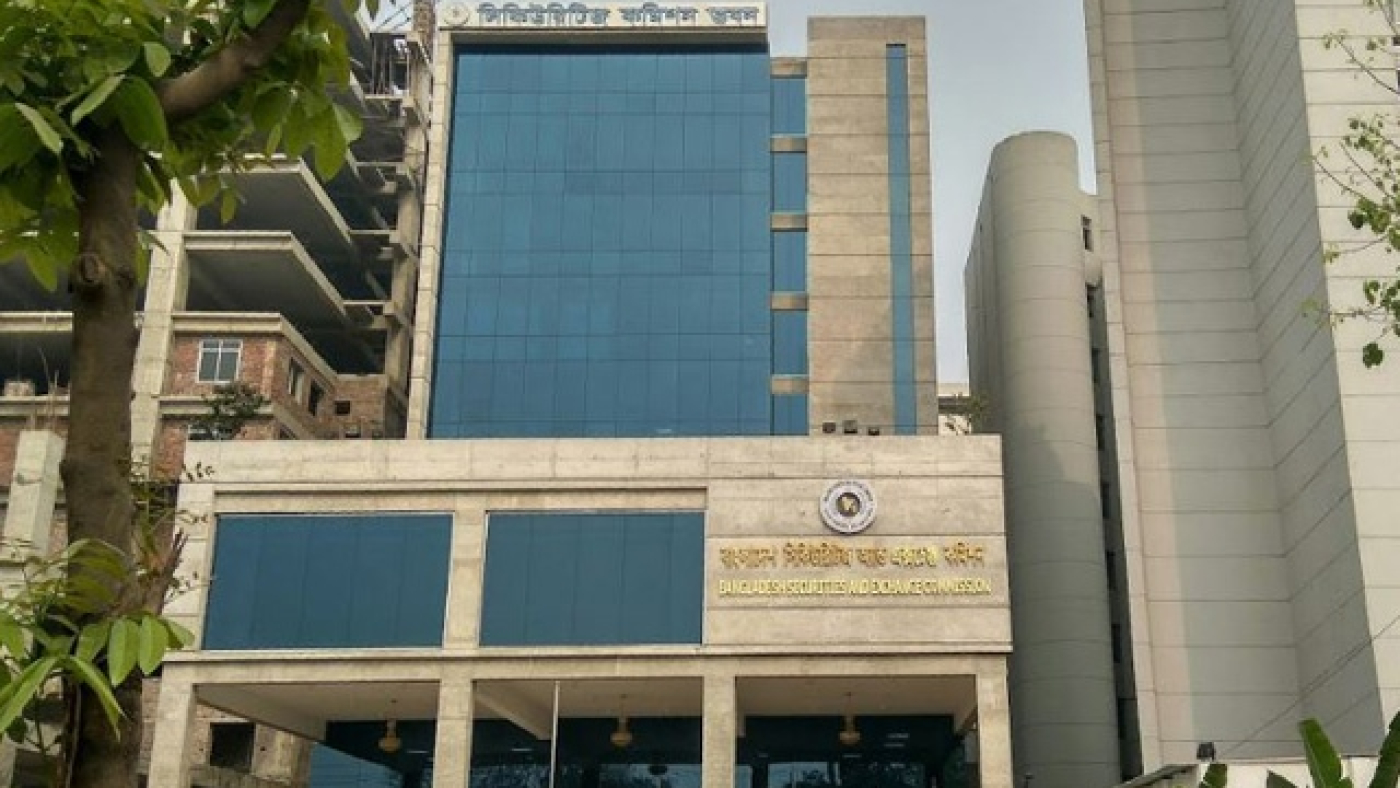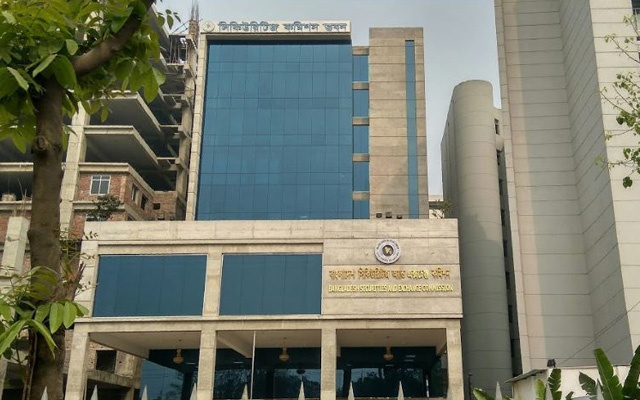It appears that private sector firms are becoming increasingly reluctant to go public nowadays, unless there is a regulatory obligation.
In fiscal 2022-23, only one manufacturer, Navana Pharmaceuticals Limited, was listed on the country’s stock market, down from three in the previous fiscal year.
In the outgoing fiscal year, five out of the six new firms listed on the stock exchanges were either banks or insurance companies, as they were compelled to go public due to regulations.
The IPO of Asiatic Laboratories, another manufacturing company, in the last fiscal year was halted in the middle due to its accounting irregularities.
According to DSE data, in FY21, manufacturing sector firms were highly dominant in IPOs to raise funds from the stock market to expand their businesses.
Out of the total 16 firms listed in FY21, 11 were from the manufacturing sector, while the remaining were banks and insurance companies.
Collectively, the companies raised a total of Tk1,610 crore, with the manufacturing firms accounting for Tk1,413 crore of that amount.
Following the onset of Covid, capital raising by manufacturing firms plummeted due to a slowdown in business.
Later, the Russia-Ukraine war exacerbated the situation as the cost of raw materials sharply soared in global markets.
Market insiders said, amid the ongoing economic uncertainty, entrepreneurs in the manufacturing sector are being highly conservative when it comes to investing for business expansion.
The country’s manufacturing sector faced a significant blow as a result of the Covid-19 pandemic and the Russia-Ukraine war. In this situation, market insiders have noted that manufacturers are reluctant to go public.
The Bangladesh Securities and Exchange Commission (BSEC) has adopted a somewhat slow policy in approving IPOs due to the fund crisis and poor condition in the capital market.
Due to which fewer IPOs were approved in the outgoing fiscal year compared to previous years.
Rezaul Karim, a spokesman for the BSEC, told The Business Standard, “IPOs are approved after scrutiny.”
“Some companies have not fared well after Covid, which has resulted in their inability to apply for public listing as they fail to meet the eligibility criteria outlined in the Public Issue Rules,” he added.
Rezaul Karim, also the executive director of the commission, believes that a larger number of IPOs will come from the manufacturing sector in the future.
Md Obaydur Rahman, director of AAA Finance & Investment, told TBS, “The manufacturing sector has taken a big hit after Covid. Many companies have had a major impact on their profits. Some institutions are struggling to stay afloat.”
“They are in crisis again due to the Russia-Ukraine war, even before the recovery from the Covid shock. Public Issue Rules have not been relaxed despite reduced predictability due to Covid and the war. In this situation, entrepreneurs are not interested in raising capital from the stock market for business expansion,” he added.
Md Obaydur Rahman also shares the belief that many good companies are hesitant to go public due to the fear of not receiving a fair value through the formula used to determine the share price in the book building method.
He said that although some companies have good business and profits, many are reluctant to go public due to concerns about not obtaining a favourable share price through the bookbuilding method.
IPOs and fund raising falls
According to data from the Dhaka Stock Exchange (DSE), fundraising from the stock market declined in FY23 to Tk621 crore from Tk699.36 crore in the previous fiscal year.
Also, the number of IPOs has dropped in the outgoing fiscal year.
In FY23, out of the six companies that went public, only one used the book-building method to raise funds, while the remaining five opted for the fixed price method.
Only Navana Pharmaceuticals raised Tk75 crore for business expansion, while the remaining five companies, consisting of three insurers and two banks, raised Tk546 crore in order to fulfil the regulatory obligation of going public.
The banks and insurers are expected to utilise the funds raised for investing in the capital market and government treasury bonds.
In fiscal 2021-22, a total of eight firms raised funds from the stock market, while two banks and three insurers raised Tk579 crore and three manufacturing firms raised Tk120 crore for the business expansion and loan repayment.
Basically, private sector entrepreneurs raised funds for long-term financing and invested in business expansion.
Global Islami Bank raised Tk425 crore, of which Tk100 crore was allotted for SME investment, Tk268 crore for buying T-bonds, and Tk50 crore for buying listed securities.
Midland Bank raised Tk70 crore, of which Tk61.11 crore was allotted for investing in T-bonds and Tk5 crore in listed securities.
Navana Pharmaceuticals raised Tk75 crore, of which Tk23.24 crore was for the construction of a new general building, Tk9 crore was for the construction of a new utility and engineering building, and Tk21 crore was for loan repayment.
Chartered Life Insurance raised Tk15 crore from the stock market; as per the prospectus, the insurer will invest Tk6 crore in government treasury bonds and Tk7.9 crore in the secondary market.
Islami Commercial Insurance Company raised Tk20.26 crore, and Trust Islami Life Insurance raised Tk16 crore.
